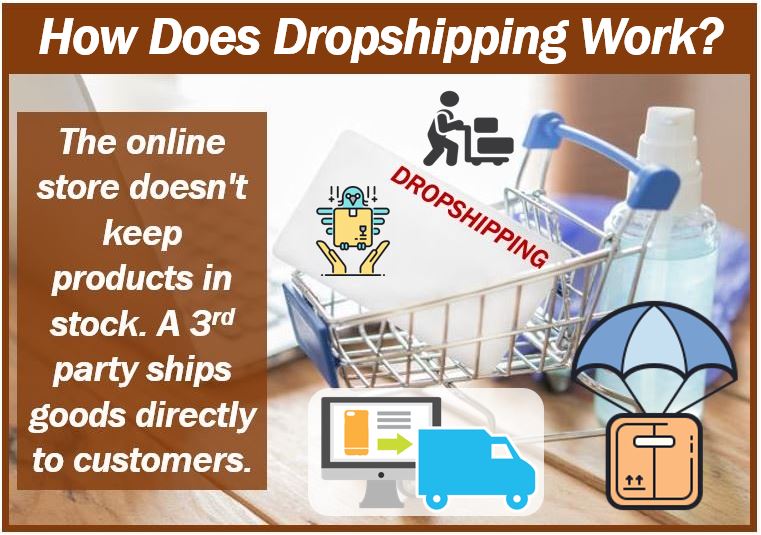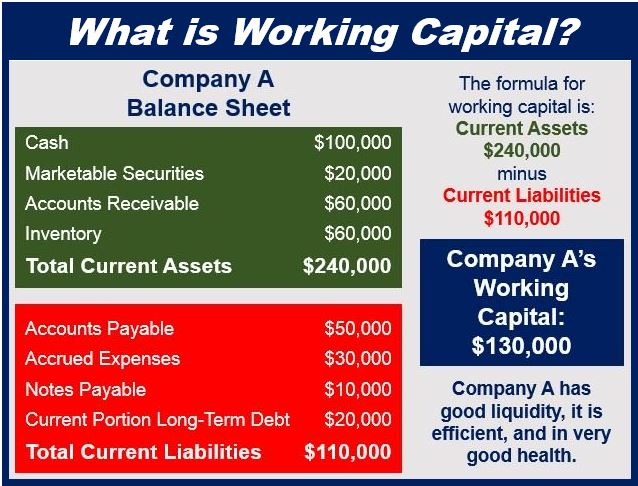There is a lot involved in running a small e-commerce business, from investing in stock to warehouse management, shipping, and returns. Managing all of this while trying to successfully implement a growth strategy can be a real challenge. This is where dropshipping truly comes into its own; reducing the risk of high investments and time spent on administration. It allows small-business owners to focus on growing their company.

What is Dropshipping?
Dropshipping is a supply chain management technique that is currently being used by 33% of online businesses. Fundamentally, dropshipping is when a business sells products that are owned by a manufacturer or wholesaler rather than the business itself.
Companies that use this method will offer products on their online store at a marked-up price; when these are sold to the customers the order is then shipped directly from the supplier to the customer. Here are some of the advantages of dropshipping in relation to small businesses.
1. More Working Capital

A business’ working capital to inventory ratio is commonly used by investors to determine a company’s operational efficiency. This ratio is calculated by dividing the inventory by the working capital, with a value of less than one indicating high liquidity.
The larger the figure, the larger the threat to growth, since stocking too much inventory is costly, increasing staff and warehouse costs, as well as potential obsolescence. Dropshipping means that a company does not have to purchase stock until it has been bought by a customer, therefore reducing the risk associated with inventory investments.
2. Time Efficiency
When dropshipping, the retailer does not need to maintain a physical storefront, manage a warehouse, check on the stock, package anything, or track returns. Platforms that have a dropshipping service have integrated supplier databases, meaning that all the retailer has to do once a sale has gone through is check the order details. This freedom from routine administration tasks enables companies to take back their working hours and spend time on growing the business instead.
3. Fast Action
With traditional retail, a company has to wait until their stock is physically with them before they are able to even begin advertising. Dropshipping allows businesses to instantly promote a product once it has been chosen, making it easier to keep up with customer trends.
4. Diversity of Products
One of the most effective ways of growing a small retail business is by extending the types of products being sold, however, this can be risky for companies with limited resources. Dropshipping enables businesses to diversify their stores without the risk that comes with inventory investments. Selling products without a large upfront investment allows businesses to trial new items in order to better understand what it is that their target market wants.
5. Flexibility
Since dropshipping transfers much of the labor time to the supplier, a company has more freedom for growth. For example, if a sudden upsurge of sales occurs, the business does not need to worry about employing more staff or ordering more stock, since this is all handled off-site. This freedom helps to reduce the growing pains that are typically associated with small businesses.
Video – Logistics
Interesting related article: “What is Logistics?“

